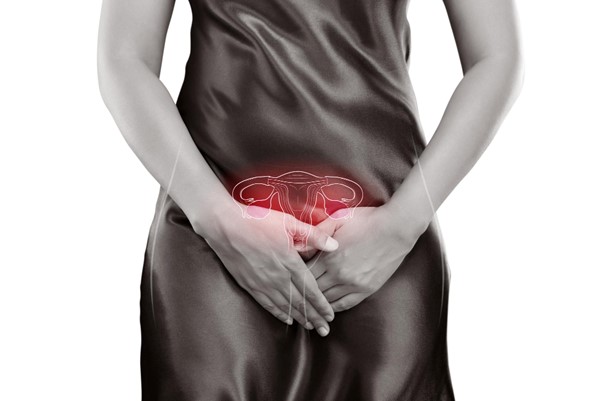What is Uterine Prolapse?
Uterine prolapse happens when the uterus drops down into the vagina. This occurs because the muscles and tissues that hold the uterus in place become weak or stretched. As a result, the uterus may slip lower than normal. Uterine prolapse symptoms can range from mild to severe. Many women may not notice early signs, but knowing what to look for is important. Early recognition helps prevent further problems and improves quality of life.
Common Symptoms of Uterine Prolapse
Recognizing uterine prolapse symptoms early can make a big difference. While some women have no symptoms, others may notice changes. Below are common signs to watch for:Feeling of heaviness or pressure in the pelvisSeeing or feeling tissue bulging from the vaginaLower back pain that does not go awayProblems with urination, such as leaking or trouble startingNeeding to urinate more often than usualDifficulty having a bowel movementFeeling like something is “falling out” of the vaginaDiscomfort during sex
However, not all women will have every symptom. If you notice any of these, it is wise to pay attention and track changes.
When to See a Doctor
Sometimes, uterine prolapse symptoms can be mild. But, you should see a doctor if:You feel or see a bulge in your vaginaSymptoms get worse over timeYou have pain or trouble with urination or bowel movementsDaily activities become hard due to symptoms
Early treatment can help prevent more serious problems. In addition, your doctor can suggest the best care for your needs.
How Symptoms Affect Daily Life
Uterine prolapse symptoms can affect many parts of daily life. For example, some women may avoid exercise or walking because of discomfort. Others may feel embarrassed or worried about leaks or bulges. As a result, social activities and relationships can suffer. Even simple tasks like lifting or standing may become hard. But, with the right support and care, most women can manage their symptoms and stay active.
Prevention and Lifestyle Tips
While not all cases can be prevented, you can lower your risk of uterine prolapse symptoms with healthy habits. Try these tips:Maintain a healthy weight to reduce pressure on pelvic musclesDo pelvic floor exercises (Kegels) every dayAvoid heavy lifting when possibleTreat chronic cough or constipation quicklyEat a fiber-rich diet to prevent straining during bowel movementsStop smoking to improve muscle health
Furthermore, regular check-ups with your doctor can help catch early signs. Staying informed and active is key to good pelvic health.
Consult a healthcare provider if you notice any symptoms of uterine prolapse. Early care can make a big difference in your comfort and well-being.


